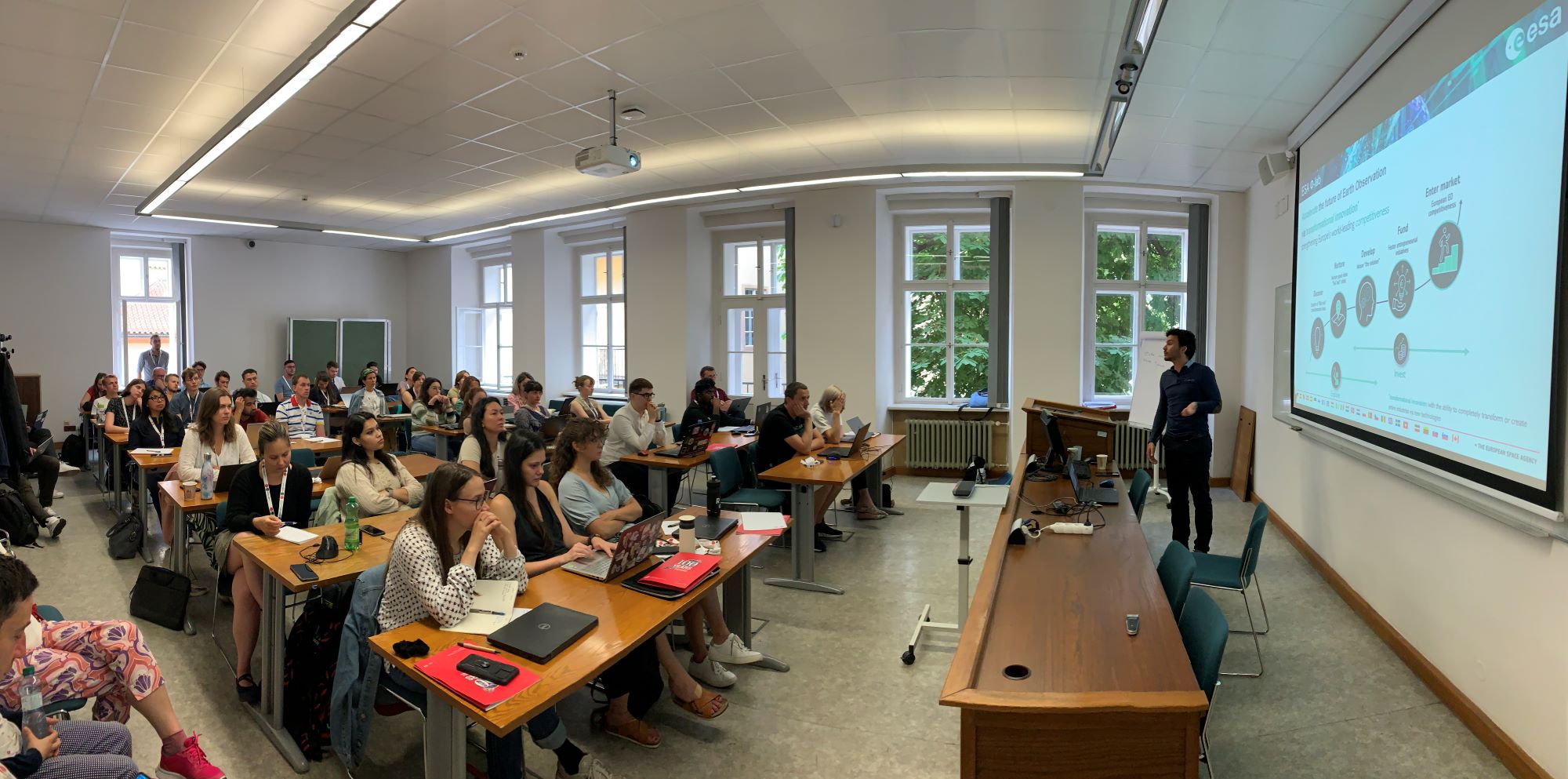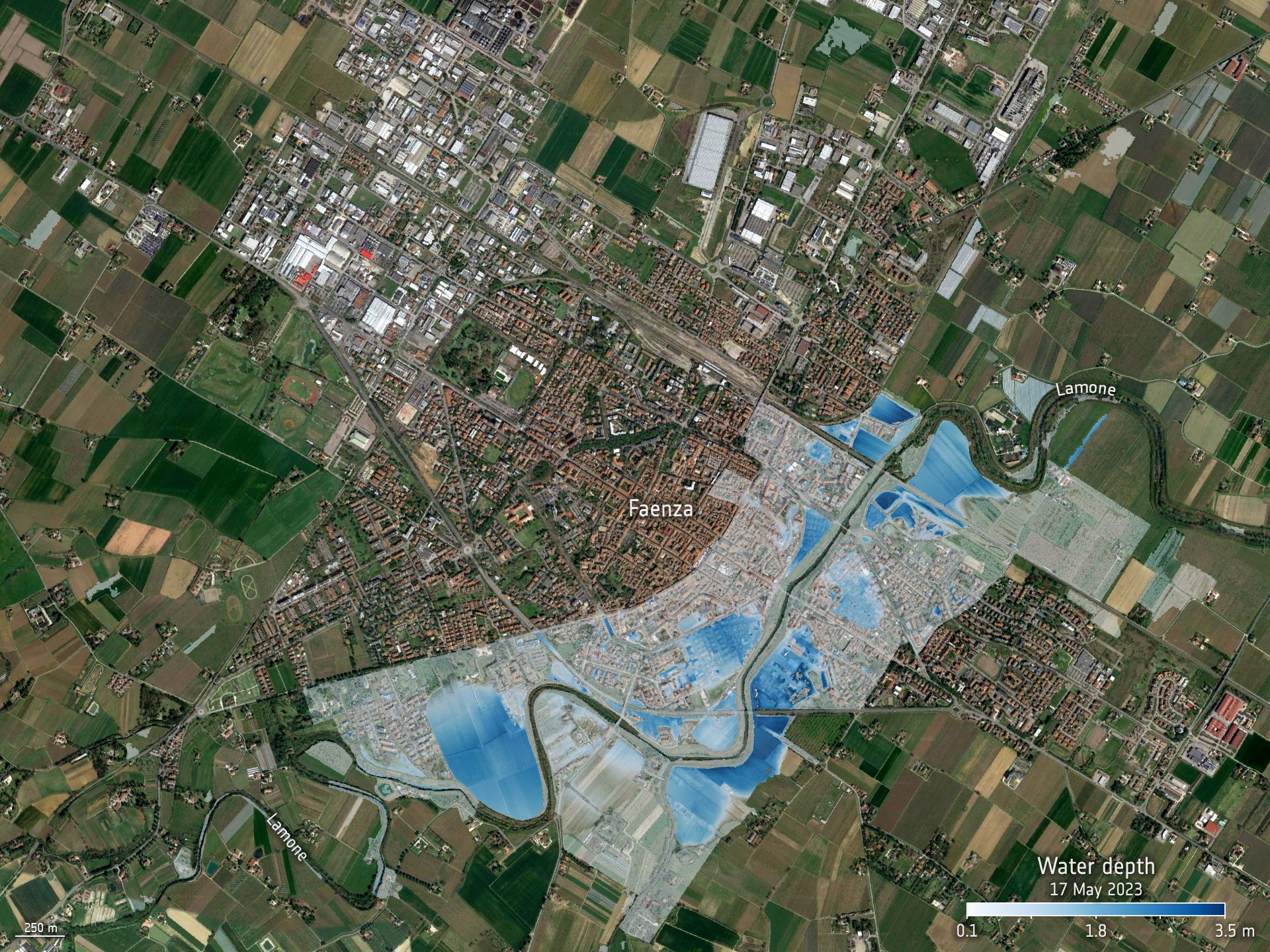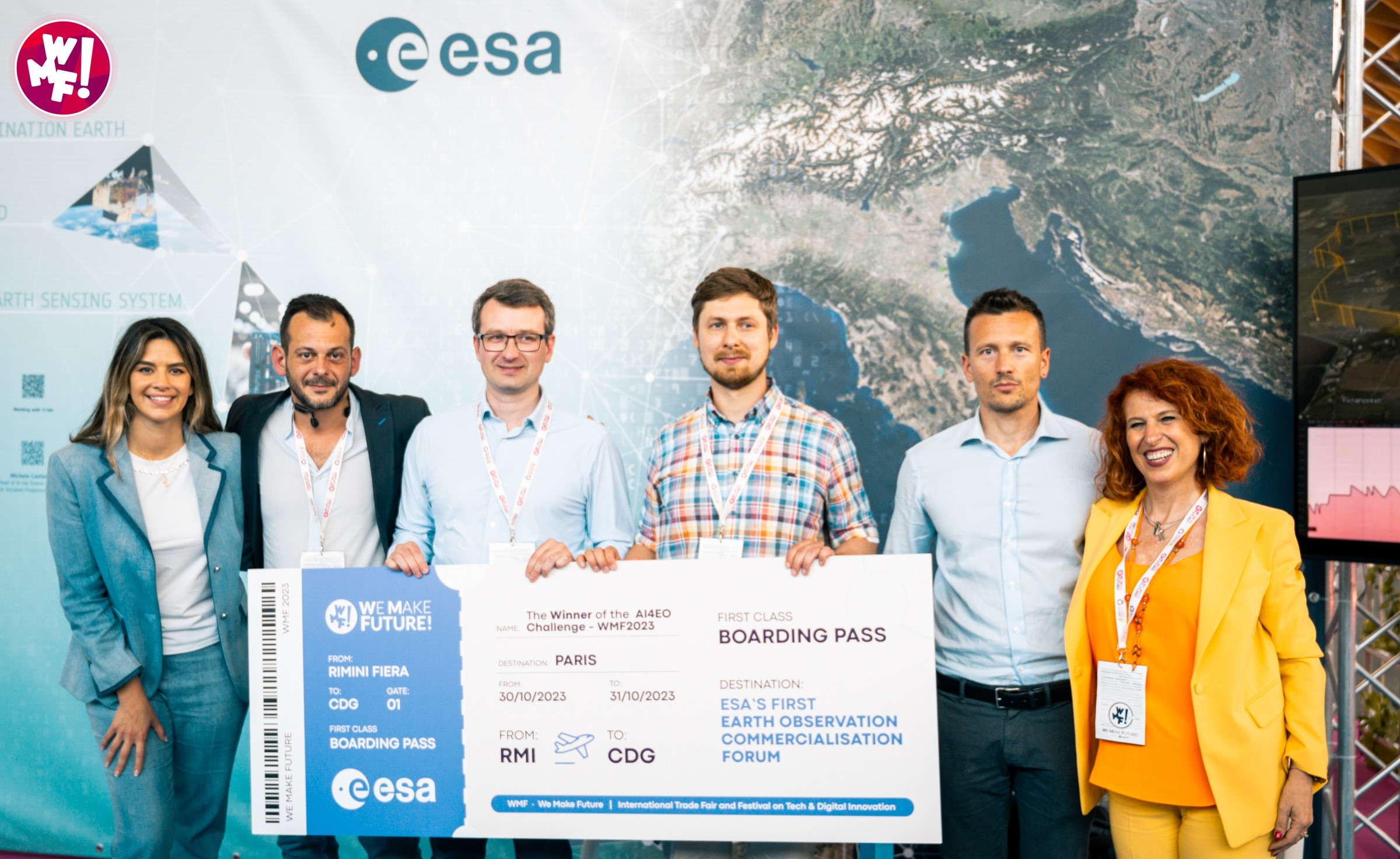The Trans-Atlantic Training course (TAT 2023) took place in the Czech Republic from 27 June to 1 July and included presentations and tutorials from current and past Φ-labbers. Organised by ESA, NASA and the Charles University in Prague, the course was aimed at educating early-career scientists and post-graduate students on remote sensing for environmental monitoring and modelling.
TAT has been running since 2013 with the objective of providing training activities for young scientists in the field of Earth observation (EO), with a particular emphasis on remote sensing of land-cover change and ecosystem dynamics. The forum shares and discusses advanced space research through a series of workshops, with this year’s edition dedicated to Synthetic Aperture Radar (SAR), passive optical sensing and lidar for forestry, agriculture and hydrology.
Attendees from 18 countries took part and were able to gain a detailed picture of the state of the art in satellite-derived environmental measurement and prediction. The week was split between the cities of Prague and Brno and included insight from a number of global experts in the field.
The expert input included a significant contribution from ESA’s Earth Observation Programme Directorate. Scientific Coordinator Francesco Sarti was part of the TAT organising committee and kicked off Day 1 with an outline of the Agency’s current and forthcoming EO missions. Next was a session introducing Φ-lab and its activities, with talks from Digital Technologies Engineer Bertrand Le Saux, InCubed Officer Albin Lacroix and other Φ-labbers. The session began with a comprehensive overview of how the Explore Office’s research is transforming Earth observation through the application of artificial intelligence, quantum machine learning and other computational methodologies. This was followed by a presentation on the scope, benefits and successes of the ESA InCubed programme.
Day 2 featured a key lecture on applying SAR data time series to forest monitoring. Given by former Φ-lab visiting researcher Daniel Paluba, the workshop was largely based around work carried out at ESA and included two practical sessions, covering topics such as processing Copernicus Sentinel data and comparing Classical and Automatic Machine Learning approaches. This and the other ESA-related presentations were very well-received by the course attendees, with the Φ-lab sessions in particular giving a glimpse into real-world opportunities in EO research and commerce.
“I think it’s crucial that Φ-lab contributes to educational events such as TAT,” Bertrand Le Saux reflects. “Not only is it a pleasure for us to share details of our research and industry support with such an enthusiastic and energetic audience, but I also feel we are helping to plant the seeds for the EO scientists and entrepreneurs of tomorrow.”
To know more: ESA Φ-lab, ESA InCubed, TAT on eo4society, Copernicus Sentinel missions



